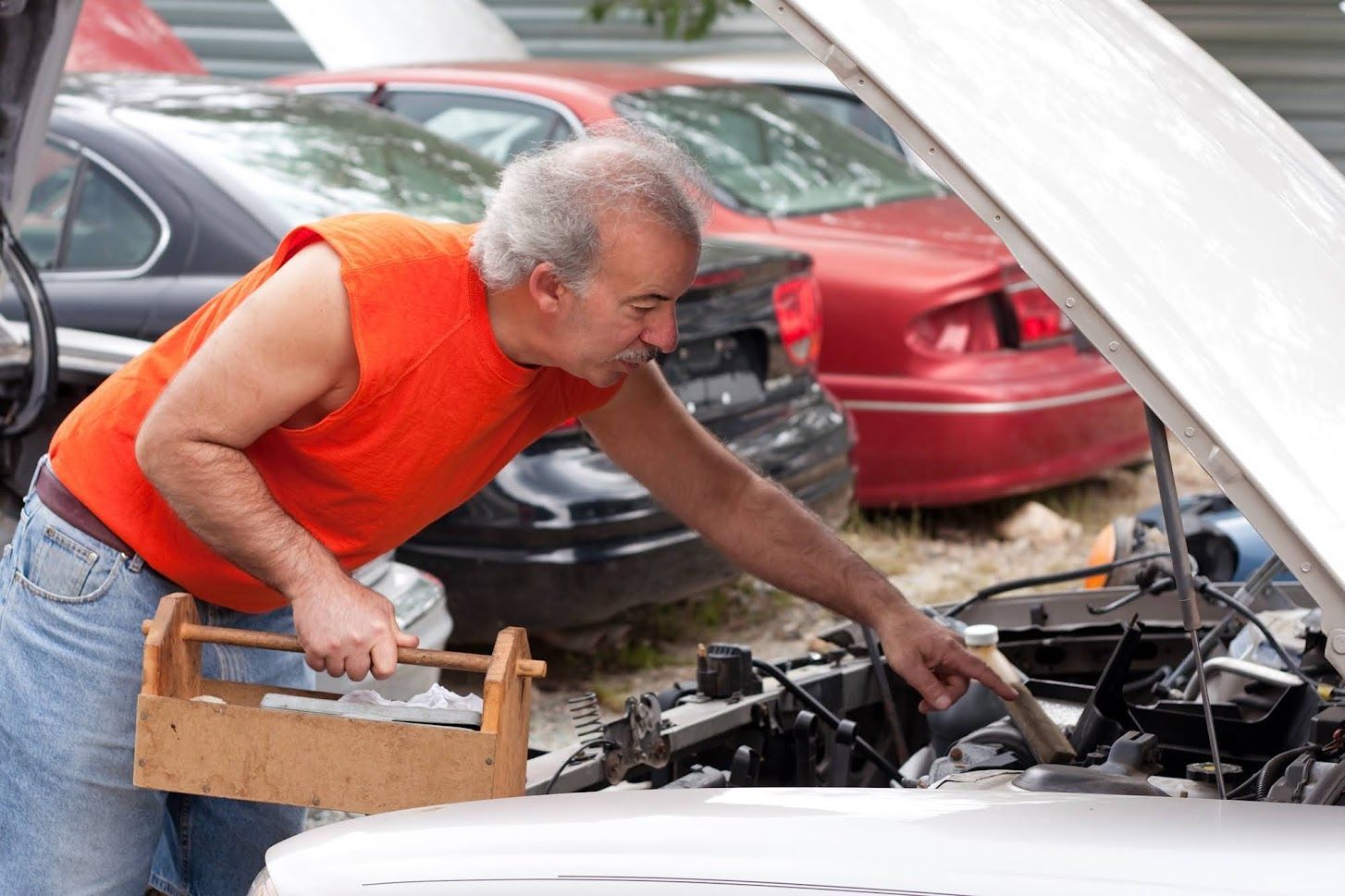To Junk or Sell: FAQ About the Junking Process

Are you holding onto an old, beat-up car that's become more trouble than it's worth? Is it time to consider junking it instead of attempting to sell or trade it in? While it may seem counterintuitive to some, there are reasons why scrapping your old vehicle can be a better option.
Take a look at what you need to know before you decide whether to junk, sell, or trade in your car.
What Does Junking Your Car Mean?
Is this your first experience with an older car that you don't want to sell or trade in? If you've ever found yourself with an old, unwanted vehicle that's reached the end of its road, you might have heard the term "junking a car." But what exactly does it mean to junk a car?
The phrase "junking a car" means disposing of an old or non-operational vehicle by selling it to a junkyard or salvage yard. This process involves assessing the vehicle's condition, contacting a reputable junkyard, receiving an offer, preparing the vehicle, completing the necessary paperwork, and, ultimately, benefiting from the environmental advantages of recycling.
Is Your Car Beyond Repair?
If your car has reached a point where the repair bills keep piling up, and it seems like every trip to the mechanic is more expensive than the last, it's a clear sign that your vehicle is beyond repair. Whether it's a severely damaged engine, a failing transmission, or extensive body damage, these issues can cost more to fix than the car is worth. In such cases, junking your car can save you from pouring money into a lost cause.
Will Anyone Buy Your Car?
A car that's seen better days is a challenge to sell. Potential buyers are often wary of purchasing vehicles with a history of problems—and you may find it difficult to attract any interest. Even if you do find a buyer, you might end up settling for a significantly lower price than you expected. The decision to junk your car is a hassle-free alternative that doesn't require the effort of finding a buyer or negotiating a deal.
What Is the Trade-In Value?
A private sale to a buyer who you find online isn't the only way to get rid of your more-than-used car. If you're thinking about trading in your old car when buying a new one, consider whether the trade-in value is worth it.
Dealerships often offer low trade-in values for older cars—especially those in poor condition. In many cases, selling your car to a salvage yard could pay more. Some scrap yards and cash for cars companies could pay more for the scrap metal and parts than you'd get as a trade-in allowance.
Do You Want to Eliminate Ongoing Costs?
Car ownership comes with ongoing expenses, such as insurance, registration, and maintenance. When you have an old, unreliable vehicle, you're still responsible for these costs—even if you're not using the car regularly (or at all). By junking your car, you can free yourself from these ongoing financial burdens and put the money toward something more worthwhile.
Do You Want Environmental Benefits?
The choice to junk your car can also have positive environmental impacts. Older vehicles are often less fuel-efficient and emit more pollutants than newer models. By getting rid of your old car, you contribute to reducing your carbon footprint and improving air quality. Moreover, the recycling process for old vehicles helps conserve resources and reduce the need for new raw materials, making it a more sustainable choice.
How Do You Junk a Car?
The first step in junking a car is to assess its condition. Again, vehicles that are candidates for junking are in poor shape, either due to extensive mechanical problems, severe damage, or simply old age. If the car's repair cost exceeds its market value, it's a strong indicator that it's time to consider junking it.
Once you've determined that your car is a candidate for junking, the next step is to find a reputable salvage yard. These facilities buy and dismantle old, non-operational vehicles.
Do you want to learn more about junking your car? Contact Bibbs Auto Recycling for more information.


